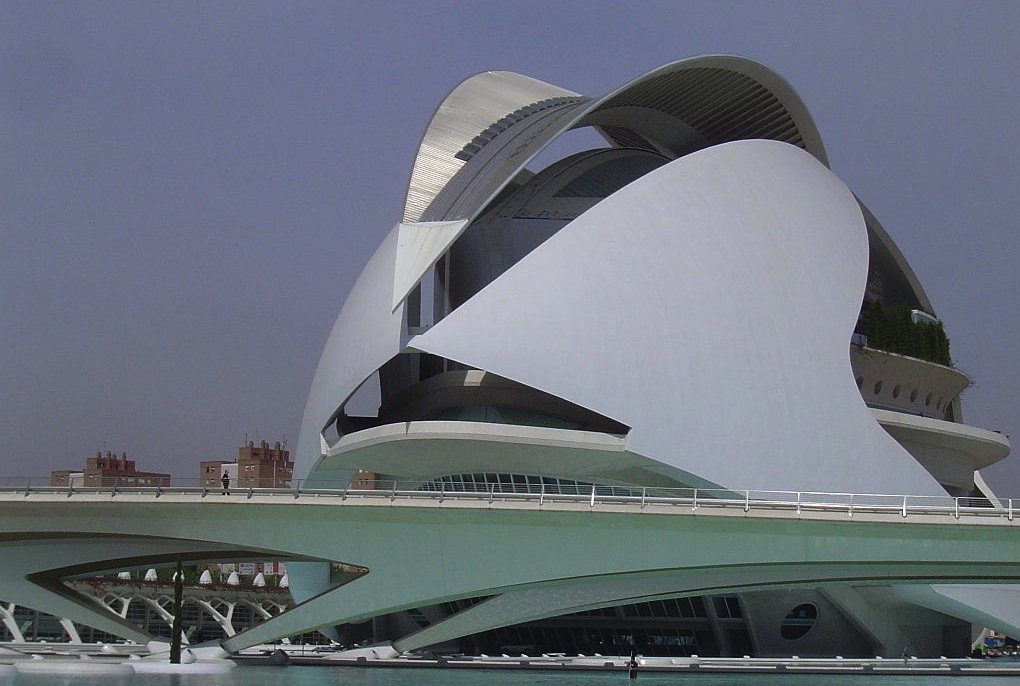Santiago Calatrava has won a victory over Esquerra Unida, a Spanish left-wing political party, in court, as a judge has ordered the party's Valencia branch to pay €30,000.
These damages are to be paid because of a website the party created, called "Calatravatelaclava," or "Calatrava bleeds you dry." The architect was asking for €600,000 in damages.
The site went up in 2012 and was meant to target the City of Arts and Sciences, a project that went from €300 million to over €1 billion during construction, according to The Guardian. The complex includes an opera house, a concert hall, a planetarium, and science museum, and was completed in 2005.
It has had multiple structural problems since its construction; in December, the concert hall was fenced off after high winds blew parts of the mosaic off the building. Calatravatelaclava was created to point out flaws in Calatrava's projects, but focused on the Valencia complex in particular.
Other buildings designed by Calatrava have also shown structural problems; for example, the Palacio de Congresos project in Oviedo, Spain.
The judge ruled that the actual information on the Calatravatelaclava site was true and not problematic, but that the name was "insulting and degrading."
The Guardian reports: "the judge said the name suggested that Calatrava 'does not act with the necessary professionalism and honour, but rather schemes, betrays and deceives.' The €30,000 would be 'symbolic reparations for the pain caused' by the site, which he ordered to be shut down within 20 days."
The original website has been taken down; however, another site, called "Calatrava no nos calla," or "Calatrava won't silence us" was launched by Esquerra Unida on Friday, May 16. Ignacio Blanco, has said that this is legal according to the terms of the sentence, and he says that the party will appeal the decision.
Related Stories
| Aug 11, 2010
Platinum Award: Reviving Oakland's Uptown Showstopper
The story of the Fox Oakland Theater is like that of so many movie palaces of the early 20th century. Built in 1928 based on a Middle Eastern-influenced design by architect Charles Peter Weeks and engineer William Peyton Day, the 3,400-seat cinema flourished until the mid-1960s, when the trend toward smaller multiplex theaters took its toll on the Fox Oakland.







